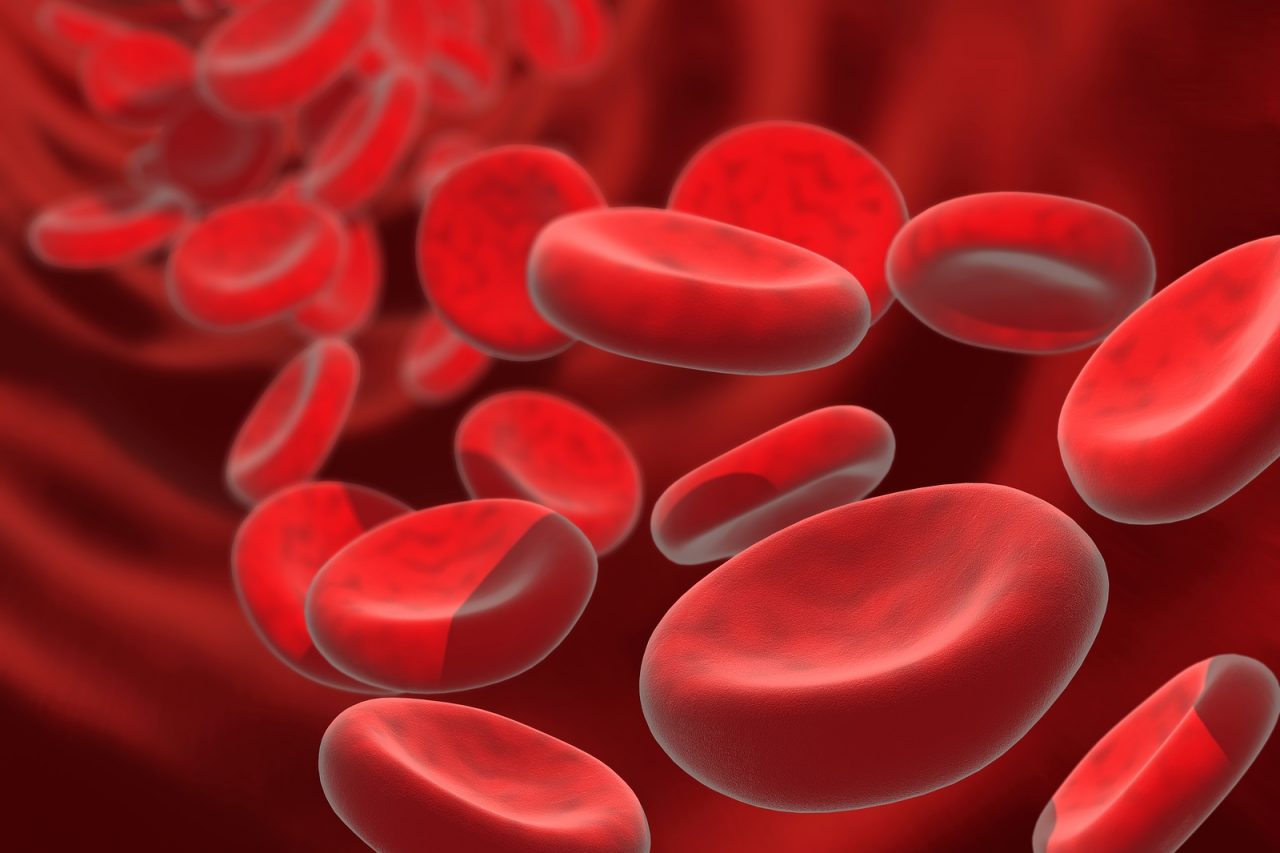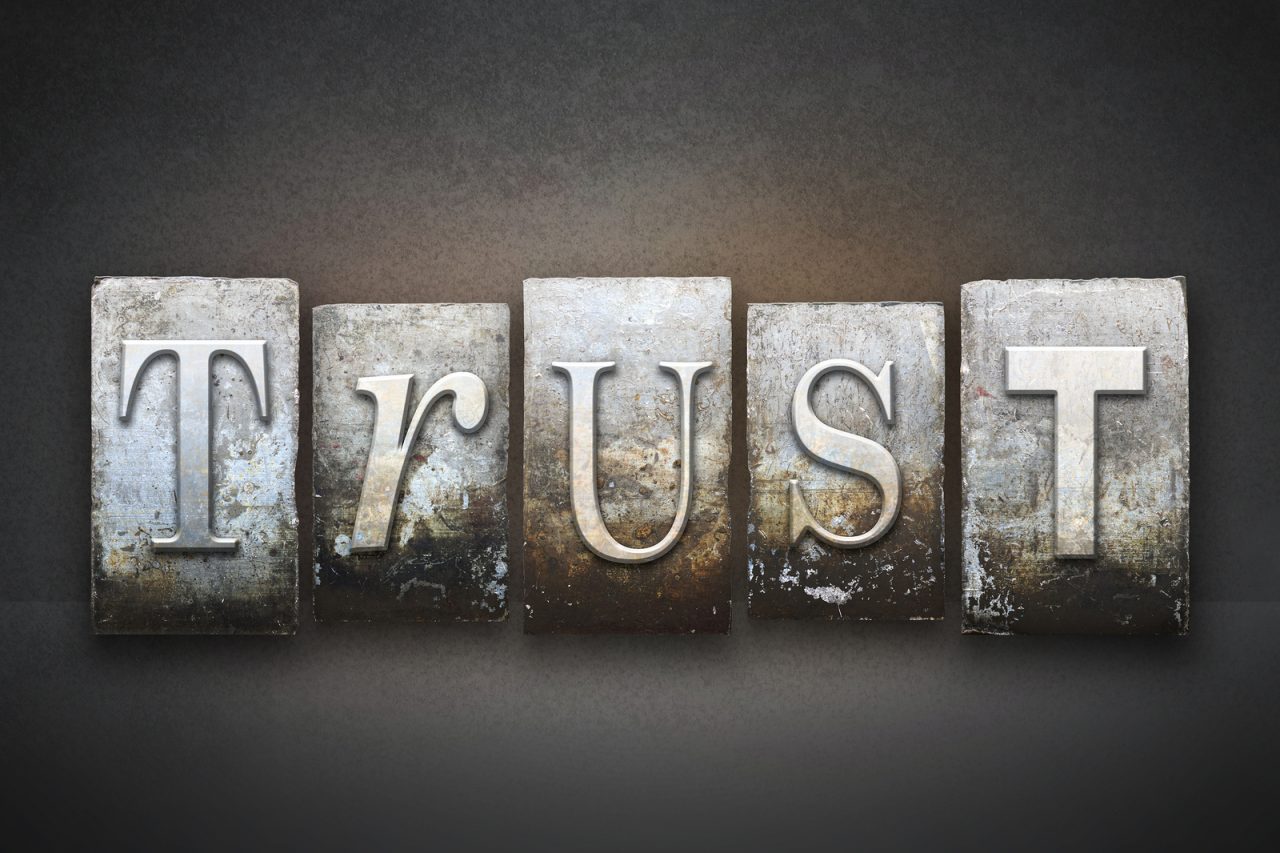The three-year-old astronaut rockets through space and hurtling by the sun he takes a hard right around the coffee table. The gift, an ornate vase, tiny pale flower appliqués, fine glass vines, sits too near the solar system’s edge. Disturbed, gravity throws it to the carpet where it is obliterated in an explosion of white shards, cascading water and fallen roses. Loss in her heart, anger rising to her face, his mother turns toward. Thus, begins the lesson.
Recently, I gave sad news to a patient and family. Despite extensive therapy, to which this patient gave his all, the disease is increasing and the options are limited. It was a tough meeting, which drained him. A grim future is becoming clear; we all cried a little. At the end of the meeting, as they were getting up to leave, the patient took my hand and said, “I am sorry you had to do that.”
After he left, I thought about his words. He could have just said “thank you, for being honest,” or perhaps, “I appreciate your care.” Why his need to apologize? I understand that he was expressing his appreciation for my care, and perhaps trying to tell me he had accepted the news, however he also felt guilt about what I had just gone through, as if he, not the dread disease, is responsible for my tears.
Patients and families often apologize. Sometimes it makes sense, such as “I am sorry I’m late,” or “I am sorry to drag you in at midnight.” However, it seems to me that at other times, saying “I’m sorry,” shows a peculiar side to human character. We feel guilt about things we cannot control, and apologize to people who have made their own decision to be involved, either because they love us or because it is their calling.
When my patient said he was sorry for what he had put me through, he was taking responsibility for a cancer, which is not his fault. His particular disease has no known cause, and if it is related to lifestyle, science has not figured that out. So, why should he feel guilt? Is it a human tendency to try to control things, we cannot control?
However, even if he feels responsible for his illness, why apologize to me as if he has caused me unnecessary discomfort? Is it that hard to accept that someone would want to be there, at his side, simply to support him, simply because he is special, simply because he is fellow man? We have difficulty believing that other people, be it family or a professional caregiver, have chosen to be with us, and it is not and never could be a hardship.
Are we each so worthless, that we do not deserve care? Are we taught as children that we let down everyone we love and therefore we cannot believe someone would sacrifice for us? Is it so bizarre that a doctor would want to be at the bedside during the darkest hours, because the doctor believes every man and woman deserves support and love?
His mother pauses a vital moment. She sees his eyes round, corners moist, body frozen. She registers her own disappointment and tempter rising. She kneels down. “Are you OK?” He nods yes. “Are you sure you are not cut? You didn’t hit your head?” He shakes his head, no. “OK, be careful with the glass, while I clean it up. Maybe you shouldn’t be running around in the living room.” “OK, Mom, I’m sorry.” “That’s OK, honey, I put the vase close to the edge.”
Thus, I choose to hear apologies as “thank you;” my patient’s are not at fault. They do not give me unwanted pain, I accept loss is part of the work I do. More than that, I yearn for a world where no person feels guilt and all know caring is not a burden. Patients walk a difficult path, but it is not of their doing; not something caused or wanted. Nevertheless, for me, it is what I have chosen, and I have decided we shall walk together. For the hard journey ahead, I am sorry.







11 Comments